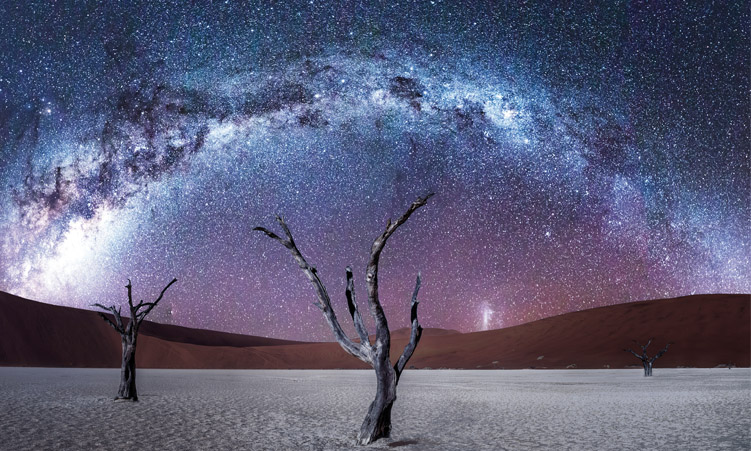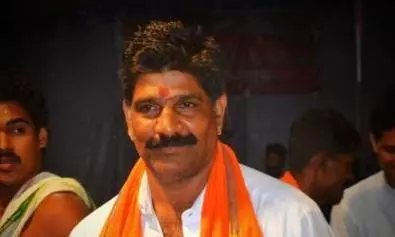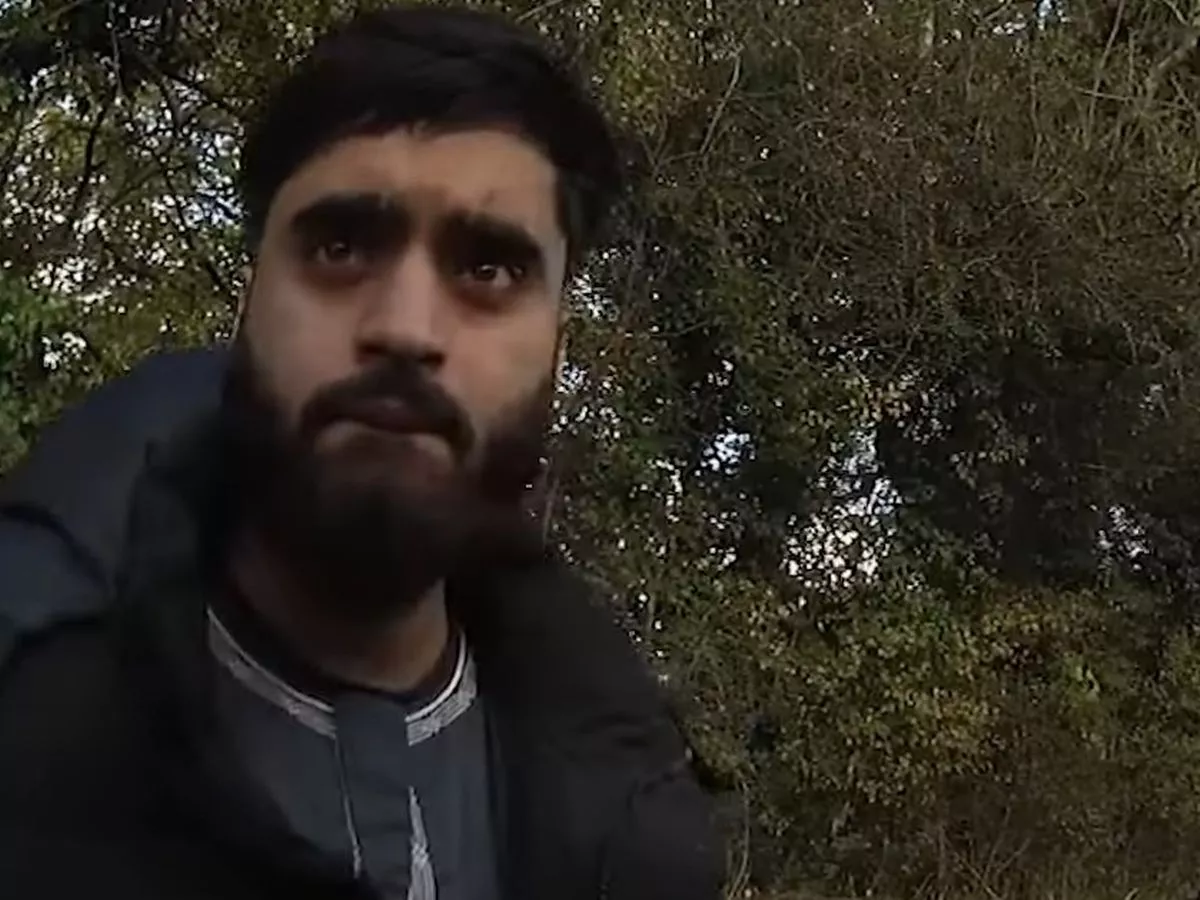By Eva-Rakel Johannes
Copyright namibian

There’s a word in German called ‘fernweh’, meaning ‘far-sickness’.
Not homesickness, the longing for home, but the exact opposite: The itch in your soul when you’ve had too much routine and too little wonder.
It’s what compels you to browse flights at 02h00, declare yourself in your slow-living era, and imagine how much better your life would be if you could just sip coffee while watching springbok instead of emails multiply.
In essence, fernweh is the insatiable longing your heart has to travel, be away and explore.
And Namibia, with its stunning skies and unapologetic remoteness, is basically a prescription-strength dose to cure fernweh – which might explain why travellers here often feel like their brain has been rebooted.
But this isn’t just romanticism. There’s real science behind why travel feels like therapy, and why Namibia might be one of the world’s most effective mood gyms.
WHY HUMANS CRAVE ESCAPE
Psychologists Edward Deci and Richard Ryan call it self-determination theory, the idea that we are happiest when we satisfy three core needs:
• autonomy: choosing where to go and how to spend our time,
• competence: mastering new environments and skills, and
• relatedness: connecting with other humans (or at least a playful springbok).
Daily life quietly erodes these. Travel slams them all back into place.
Suddenly you’re choosing your own route, solving problems (how do you change a tyre in the middle of nowhere?), and bonding over shared awe at a desert sunset.
Neuroscientists also point to dopamine-driven novelty loops; every new sight triggers tiny bursts of feel-good chemicals. And Namibia is perfect for this.
HOW TRAVEL REWIRES OUR BRAINS
Anthropologist Victor Turner described travel as liminality – stepping outside ordinary life where the usual rules fade.
Travel dismantles the self briefly, and the brain loves this.
Research shows that awe – common when standing in Namibia’s Fish River Canyon or under the Milky Way, shrinks the ego and increases prosocial behaviour.
You return more generous, calm, and weirdly okay with delayed flights. Namibia’s scale is key here. Its vastness forces a mental reset.
There’s so much space, your worries literally seem smaller.
Studies show the anticipation of a trip boosts happiness more than the trip itself, and yet the benefits often linger long after.
People return from travel more open-minded, more creative, and with higher life satisfaction – at least temporarily.
Psychologists call this the experiential dividend.
It’s why you keep bringing up that time you saw a lion at sunrise, even when no one asked. Travel experiences are memory-rich and self-defining.
In short: You leave to escape yourself and return with an upgraded version.
THE NAMIBIA EFFECT
Namibia supercharges these psychological effects because it delivers the exact conditions our overstimulated brains are starved for:
• remoteness: deep cognitive rest (few crowds, even fewer emails),
• silence: lowers cortisol, increases focus,
• vastness: sparks awe, reduces ego, and
• biodiversity: boosts attention and mood (nature therapy is real)
And then there’s the peak-end rule, Nobel laureate Daniel Kahneman’s idea that people judge an experience by its peak moments and the way it ends.
This is where Gondwana Collection quietly becomes part of the psyche. Their lodges are designed like dopamine stations scattered across the country – each one delivering surprise and comfort.
Here’s the final paradox of travel psychology: It’s not actually about where you go – it’s about who you become by going. So go ahead: Book the trip, chase the ‘far-sickness’, get the sand in your shoes.
Just know that Namibia and maybe a breakfast buffet at Palmwag Lodge in the Kunene will quietly change your mind, while you’re busy thinking it’s changing your mood.



